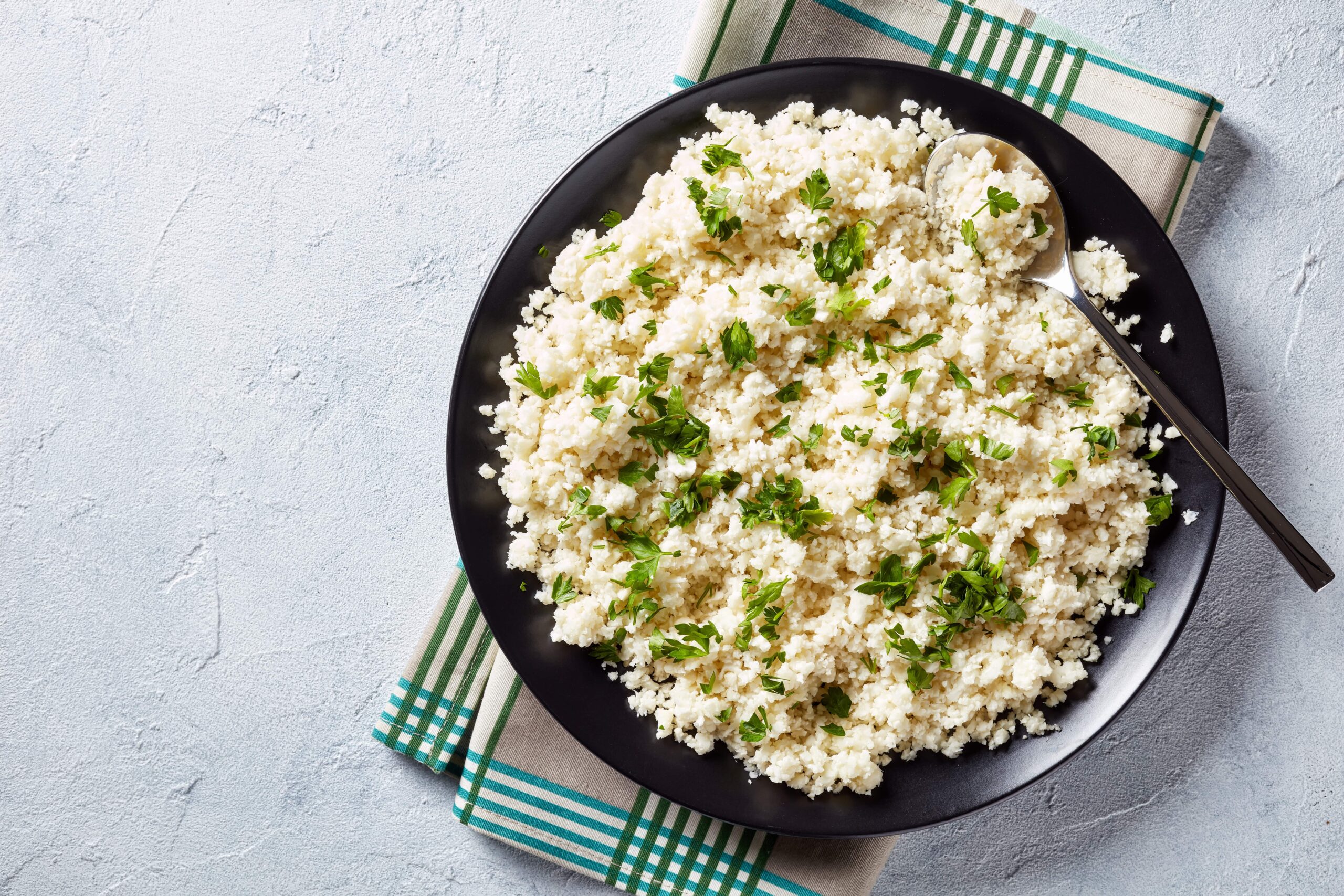Blog

Veganism – A Disguise for Disordered Eating or Freedom Through Restriction?
Vegan. The dirty word within dietary approaches. Despite campaigns like Veganuary and ‘Meat Free Monday” trying to make plant-based eating sexy, the term is still given to elicit images of malnutrition, self-denial and evangelical avoidance of animal-derived foods and products.
This is relatively unsurprising given that adopting a diet or lifestyle founded on the premise of what you don’t or can’t consume is problematic at best – and even more problematic within the context of eating disorder diagnosis/ recovery and ‘non-diet’ spaces. After all, permissible foods or strict food rules may eventually culminate in a diet that comes to include extraordinarily little dietary variety. (Brytek- Matera, A et al. 2019, p. 442).
Research suggests that the elimination of all animal-based and derived foods may be used as a way to facilitate food restriction by socially legitimizing food avoidance and a means to eschew certain eating situations (Brytek-Matera, A et al. 2018, p. 442).
Pervasive vegan stereotypes of the diet only consisting of salads and meagre portions of vegetables may not only propagate or feed restrictive eating patterns and self-denial, but aid in the social acceptance and normalisation of limited dietary intake. This raises the question of whether veganism can play in role in either the development or maintenance of disordered eating or eating disorders (Timko, C et al. 2012, p.982).
Was it the refusal of the chicken or the exclusion of the egg that came first?
Conversely, anecdotally and through social media, many women have voiced how transitioning to a vegan diet helped them foster a greater sense of food- freedom – a sense of freedom attained through restriction (Costa, I et al. 2019, p. 1) .
By shifting their focus from a fixation on their (negative) body-image to a movement beyond the self – that is, the movement from iron-clast self-control and myopic weight management to broader social justice and compassion, adopting a vegan diet has enabled many women to interrupt disturbed eating patterns.
As opposed to being a means to “shrink” the self, it can become a vehicle for social and environmental change that demands a loud voice, the capacity to defy social norms, and the willingness to take up space. One could even go so far to say that ethical veganism aligns with the underpinnings of the anti-diet, counter-cultural, ‘challenge -the-system-and-take-back-ownership- of- your- body’ ethos and give women a greater sense of agency.
After all, it’s hard to believe in the sanctity of all life and show compassion towards all species and the planet if you can’t love yourself first, right? Or as our favourite drag mother, RuPaul, would say “if you can’t love yourself, how in the hell are you gonna’ love someone else?” Can I get an Amen?!
Therefore, we need to consider the complexity and intersectionality of adopting a vegan diet and differentiate between the catalyst or causal factor for this lifestyle. There are often two primary motivators those being ethics (environmental and/ or animal welfare) or health.
Surveys demonstrate that 71% of ideological/ ethical vegans cite health or weight-control/ reduction as a secondary reason for their plant-based diet and tend to diet relatively less frequently than omnivores, endorse overall healthier food-based habits and have a better relationship with food (Heiss et al. 2017, pp.133-134).
In short, saying “NO-WHEY” to animal derived foods –
- May enable socially accepted food avoidance, restriction, and legitimise avoiding “uncontrollable” eating situations?(e.g. dining out, conventional celebratory food, etc)
- Maintain or create disordered and disturbed eating patterns and behaviours
- Normalise limited food intake thanks to pervasive social stereotypes
- Provide (paradoxical) food-freedom through restriction
- Help women heal their relationship with food by shifting the focus from the self to other (i.e. animals and/ or the planet)
- Improve body-image and foster a more positive attitude towards the self; no more diets just riots against animal and environmental injustice!
- Is just as complex and unique as each and every individual
Where does the truth lie, in this chaos of claims and counterclaims? Does veganism cause eating disorders, or do eating disorders trigger the transition to veganism? Do plant-based diets help or hinder recovery? Can any “diet” or nutritional protocol ever truly result in food or body neutrality if we allow what we chose to eat to play a role in forming our identity?
If you would like to learn more about how we can help you find food freedom and live in abundance, irrespective of your dietary preferences, contact us at [email protected] to work with one of our expert dietitians.
Charlotte Munro, BSc
EHL Team x
References
- Brytek-Matera, A et al. (2018) ‘Strict Health-Oriented Eating Patterns (Orthorexic Eating Behaviours) and Their Connection with a Vegetarian and Vegan diet’, Eating and Weight Disorders – Studies on Anorexia, Bulimia and Obesity, 24, pp. 441-452. doi: 1007/s40519-018-0563-5
- Costa, I et al. (2019) ‘”More Than a Diet”: A Qualitative Investigation of Young Vegan Women’s Relationship to Food’ , Appetite, 143, pp. 1-8. doi: 1016/j.appet.2019.104418
- Heiss, S et al. (2017) ‘Eating and Health Behaviours in Vegans Compared to Omnivores: Dispelling Common Myths’, Appetite, 1 (118) , pp. 129-135. doi:10.1016/j.appet.2017.08.001
- Hoffman, S et al. (2012) ‘Differences Between Health and Ethical Vegetarians. Strength of Conviction, Nutrition Knowledge, Dietary Restriction, and Duration of Adherence’, Appetite, 65, pp. 139-144. doi: 10.1016/j.appet.2013.02.009
- Timko, C et al. (2012) ‘Wil the Real Vegetarian Please Stand Up? An Investigation of Dietary Restraint and Eating Disorder Symptoms in Vegetarians versus Non-Vegetarians’, Appetite, 58, pp. 982-990. doi: 10.1016/j.appet.2012.02.005














